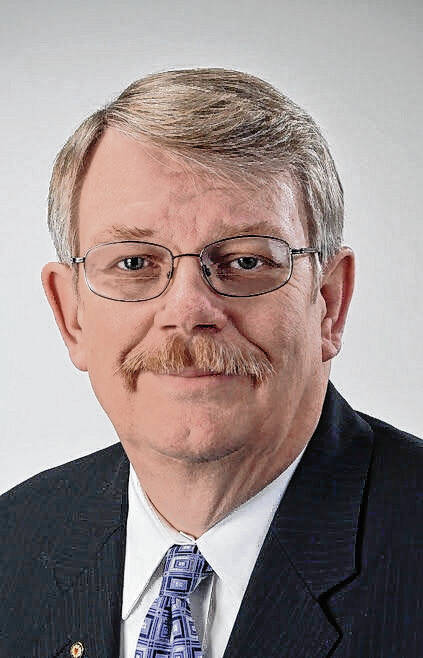
Politicians used to “encourage” favorable votes from citizens by tapping kegs of whiskey at the polling sites. The stakes are higher these days as our representatives in Washington, D.C., think much bigger both in dollars and constituents. The other difference is that those kegs of whiskey came out of the candidates’ pockets while their successors have the federal treasury on call.
President Biden’s determination to forgive billions in college student loans gives a whiff of whiskey kegs and the cynic in me argues the purpose is the same.
In the interest of full disclosure, I began my career in higher education administration as a financial aid officer, entering that profession just at the time student loan eligibility was being expanded to include nearly all students.
That’s not my only connection to this program. I took my first student loan of $500 from a local bank, the only requirement being that I move my checking account from a competitive bank to this one. That was the incentive for commercial banks to make student loans back then. The loans were not all that profitable but the hope was to develop new, lifelong customers. I am still with the successor to that bank more than 50 years later. The incentive worked in my case.
Once Congress acted to open up the federal student loan program in 1978, many banks appointed specialized loan officers to generate as much business as possible. It became profitable for them so long as the federal government absorbed much, but not all, of the risk. The government set the interest rate and subsidized interest costs while the student was in college and for nine months after graduation.
The goal of the student loan program in its many incarnations was to encourage college attendance for low- and middle-income students. That it did, but with several unintended consequences. First, many students started college using loans but never graduated. They left with debt but without the enhanced earning power which usually comes with a college degree.
Second, colleges quite effectively used loan accessibility as part of their student recruitment efforts. Net tuition cost, the actual amount paid at registration by the student or parents, could be held quite low. Reminding students that they would have to repay these loans wasn’t all that effective no matter the good intentions.
One can argue, with economic theory in support, that these extra dollars shifted the demand curve for college enrollment resulting in higher prices charged. College administrators have always denied this but their protests ring hollow.
Economics 101 debunks this quite handily. The recent suggestion colleges should be billed for their share of the forgiveness cost may be tongue-in-cheek but doesn’t completely miss the mark.
The loudest objection being heard is that there is an inherent unfairness in the Biden proposal. It benefits a small portion of the population at taxpayer expense. Left out of the handout but in line to be hit with the subsequent tax bill are those who attended low-cost colleges to avoid borrowing, those who attended part time while holding full time jobs for the same reason, those who chose not to attend traditional college in favor of immediately entering the workforce, and most significantly those who fully repaid their loans. These voters may be lining up at the other party’s whiskey kegs come November.
And that $500 loan I took in 1969 to pay spring tuition? It was the first of several for my wife and me. After we married as undergraduates, I wasn’t sure how we could repay the $4,000 we borrowed between us. We did, as quickly as possible. The loans were good investments for us as we both pursued professional careers and are comfortably retired now.
Maybe the Franke family can get a share of the $300 billion-plus on offer. Oh, I forgot. Students who repaid their loans don’t qualify.
Mark Franke, an adjunct scholar of the Indiana Policy Review and its book reviewer, is formerly an associate vice-chancellor at Indiana University-Purdue University Fort Wayne. Send comments to [email protected].
